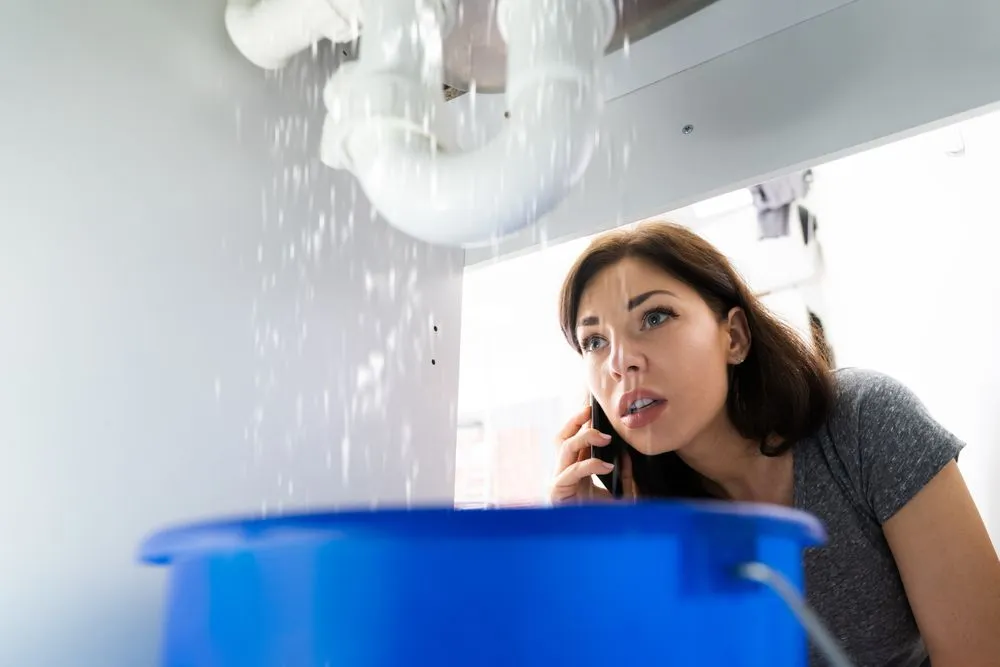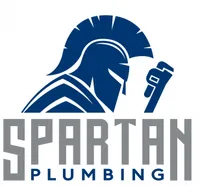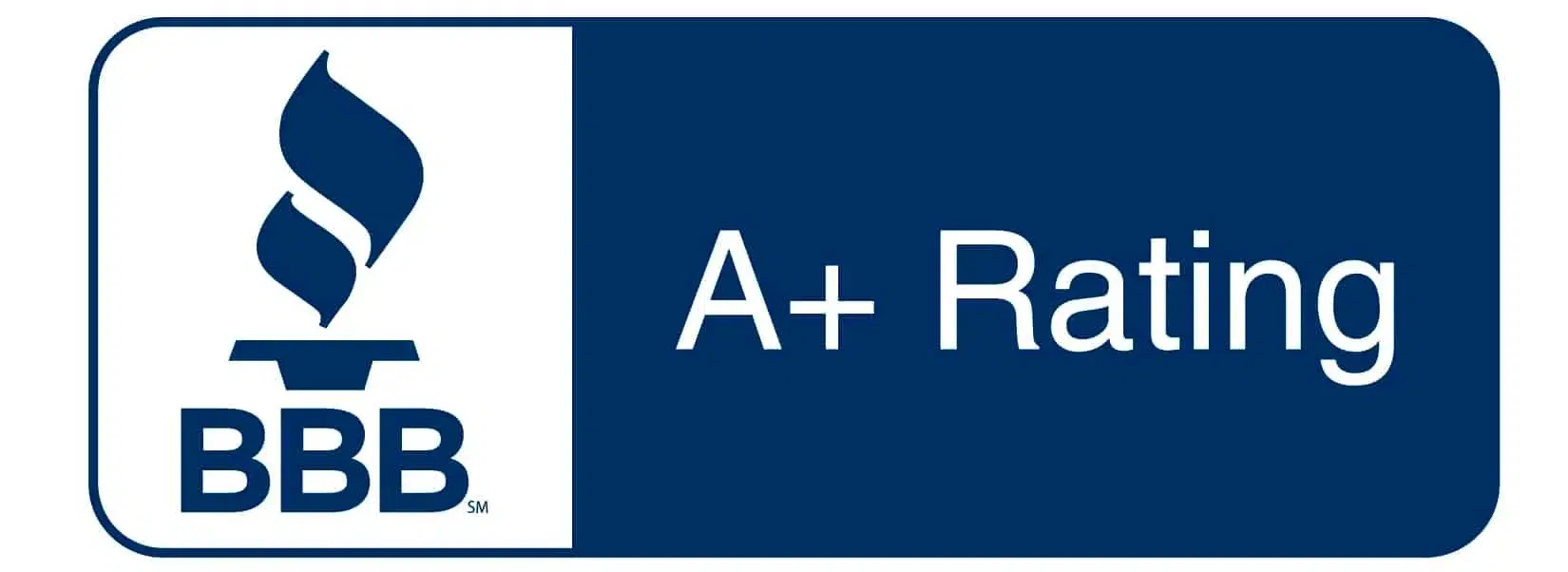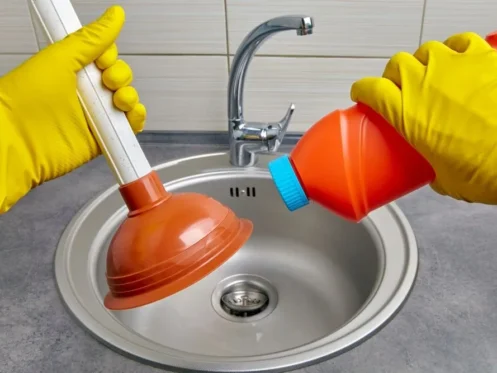DIY plumbing projects can be a tempting way to save time and money, but not every problem should be tackled on your own. While handling minor issues like a clogged drain or leaky faucet may seem manageable, other plumbing tasks require the expertise of a professional. Missteps in plumbing can lead to costly repairs and extensive damage to your home. Understanding when it’s time to call in a local plumber is key to avoiding those costly mistakes.
Common DIY Plumbing Mistakes
Many homeowners take on plumbing projects with good intentions but end up creating bigger problems. Here are some common DIY plumbing mistakes:
- Over-tightening Connections: It’s easy to overtighten pipe fittings, leading to cracks or broken components. This can cause leaks that worsen over time.
- Using the Wrong Tools: Plumbing requires specific tools, and using the wrong one can damage pipes or fixtures, making the problem worse.
- Mismatching Pipes: Connecting different types of piping without the right fittings or materials can cause corrosion, leaks, or bursts in the future.
- Overuse of Drain Cleaners: Pouring chemical cleaners down the drain might clear a clog temporarily, but overuse can erode your pipes, leading to bigger problems.
When Should I Call a Plumber?
Some plumbing tasks should be left to professionals. If you’re wondering, “Should I call a plumber?” here are key situations when it’s best to contact a local plumber:
1. Low Water Pressure
If you’re experiencing low water pressure throughout your home, it could indicate a serious issue, such as a pipe leak or a problem with the water line. This is a complicated issue that DIY efforts are unlikely to resolve properly, and it’s essential to have a plumber assess the problem.
2. Persistent Drain Clogs
A clog in a single drain can often be handled with basic DIY plumbing tips, but if multiple drains are backing up, you may be dealing with a bigger issue like a main sewer line blockage. Plumbers have specialized equipment to clear stubborn blockages safely and effectively.
3. Leaky Pipes
While a small leak may seem harmless, it’s crucial to understand that even a slow drip can lead to water damage, mold growth, and high utility bills. If you notice a leaky pipe, call a plumber immediately to avoid further damage.
4. Water Heater Issues
Whether you have a traditional or tankless water heater, problems with water temperature, strange noises, or leaks require professional attention. DIY fixes on water heaters can be dangerous, especially when dealing with gas or electrical components. A licensed plumber can repair or replace your water heater safely.
5. Sewer System Backups
Sewer backups are one of the worst plumbing issues a homeowner can face. If you notice foul odors, gurgling toilets, or waste backing up into your home, it’s time to call a plumber immediately. Attempting to resolve a sewer backup on your own can expose you to hazardous waste and make the situation worse.
6. Burst Pipes
Burst pipes are an emergency that requires immediate action. If you experience a pipe burst due to freezing temperatures or other factors, turning off your main water supply and calling a local plumber is essential to prevent extensive water damage.

The Dangers of DIY Plumbing
While minor plumbing tasks may seem easy to handle, complex issues can quickly become disasters without the right skills. In addition to causing damage to your home, you may void warranties on fixtures or risk non-compliance with local plumbing codes. Hiring a professional plumber ensures the job is done correctly, safely, and efficiently.
DIY Plumbing Tips for Smaller Jobs
If you’re set on handling small plumbing jobs on your own, here are a few DIY plumbing tips to keep things under control:
- Know Your Limits: Be honest about what you can handle and when it’s time to call a professional. If the project seems beyond your expertise, it’s best to let the pros take over.
- Turn Off the Water: Before starting any plumbing repair, always shut off the water supply to avoid accidental flooding.
- Use the Right Tools: Invest in basic plumbing tools like a plunger, pipe wrench, and plumber’s tape to handle minor repairs safely.
- Research First: Make sure to research the repair process before diving into a project, so you don’t overlook important steps.
Don’t DIY, Call Spartan Plumbing for Your Plumbing Fixes
While some DIY plumbing fixes are perfectly manageable, others should always be left to professionals. Knowing when to call a plumber can save you time, money, and frustration. If you’re experiencing persistent issues or emergencies like burst pipes, low water pressure, or sewer backups, don’t hesitate to contact Spartan Plumbing. Our team of experienced local plumbers in Fort Myers, FL, is ready to tackle even the most challenging plumbing problems, ensuring your home stays safe and comfortable.
Contact us today to schedule a consultation or emergency service!


